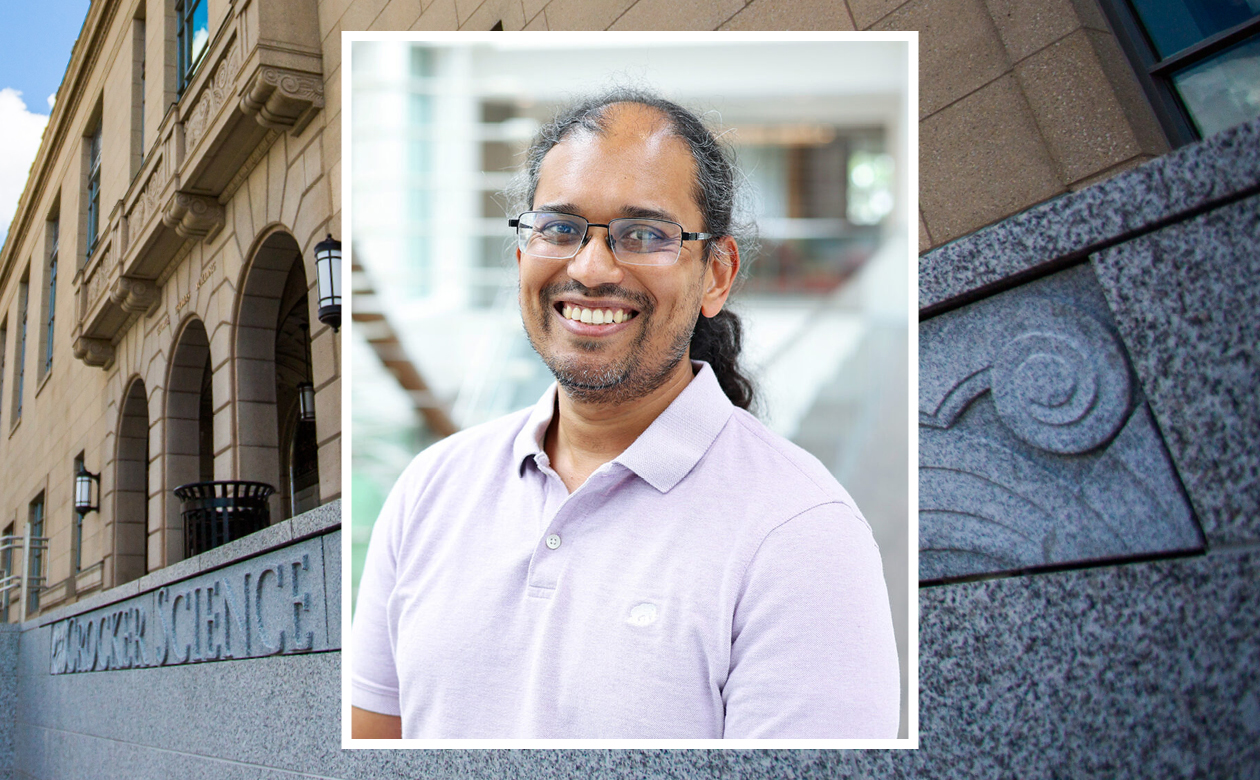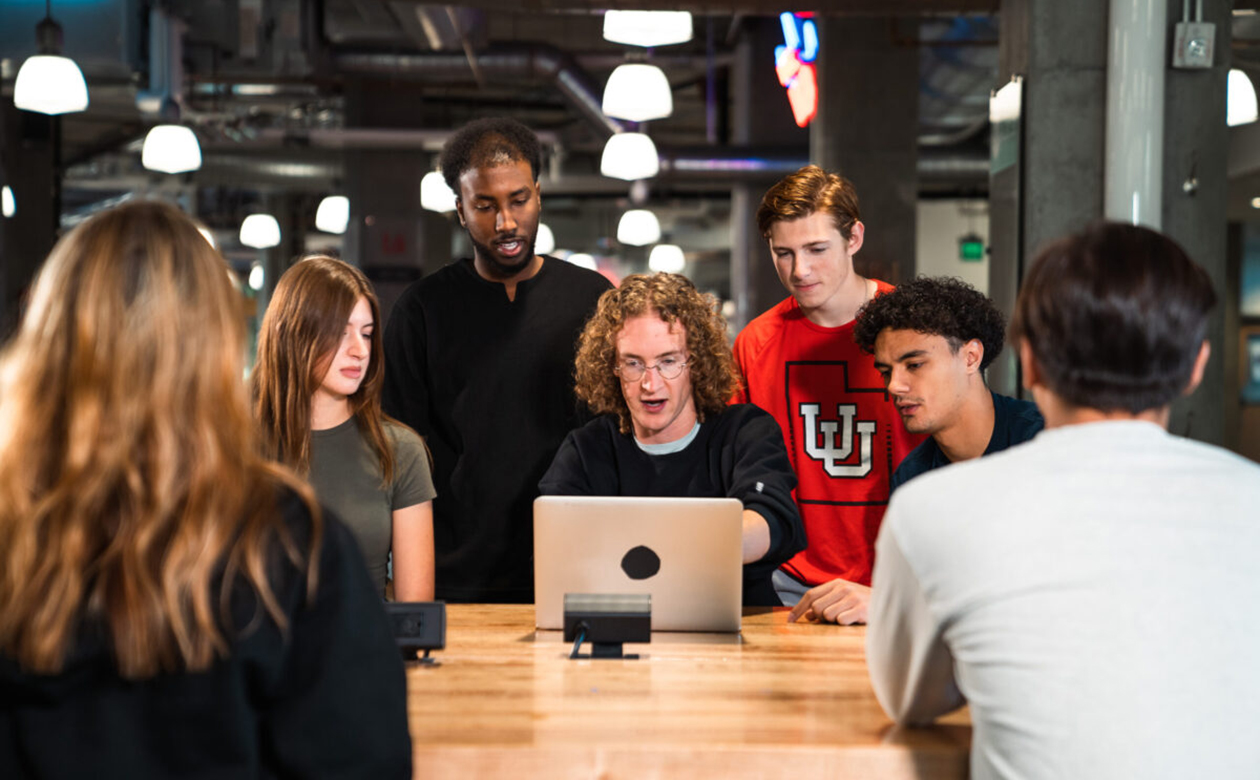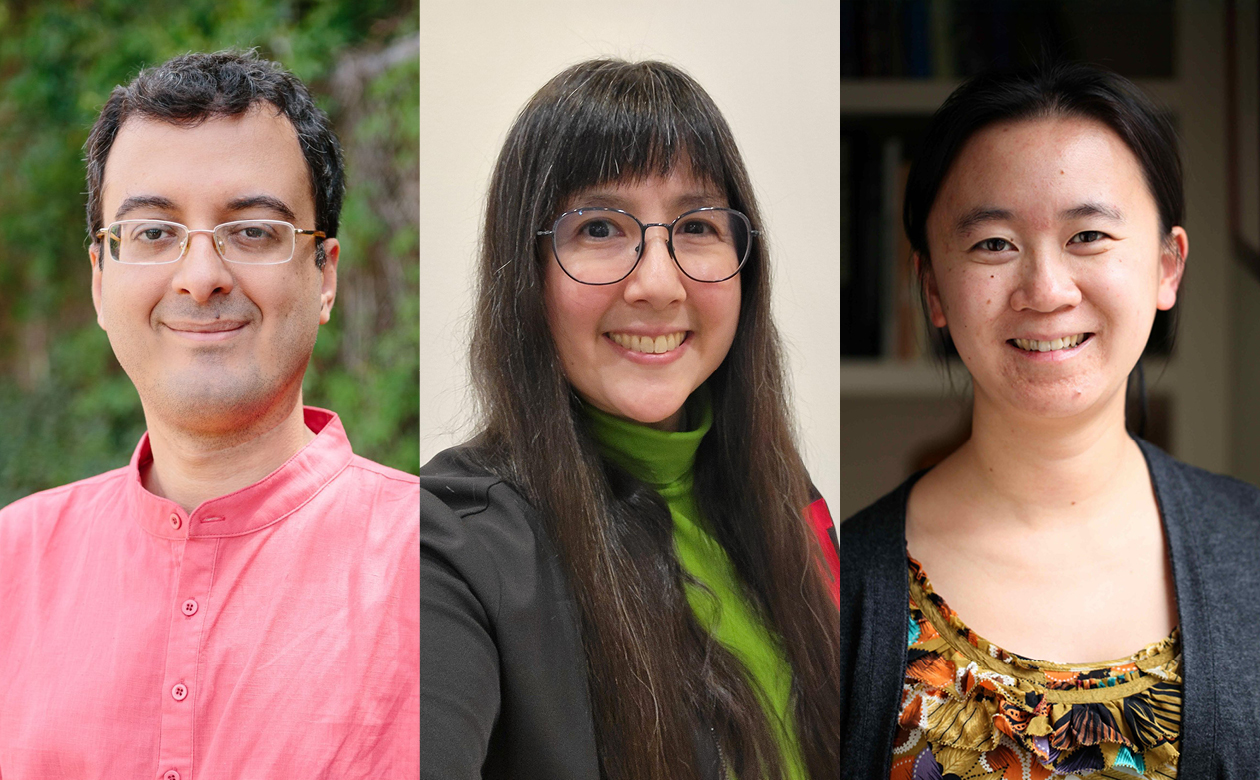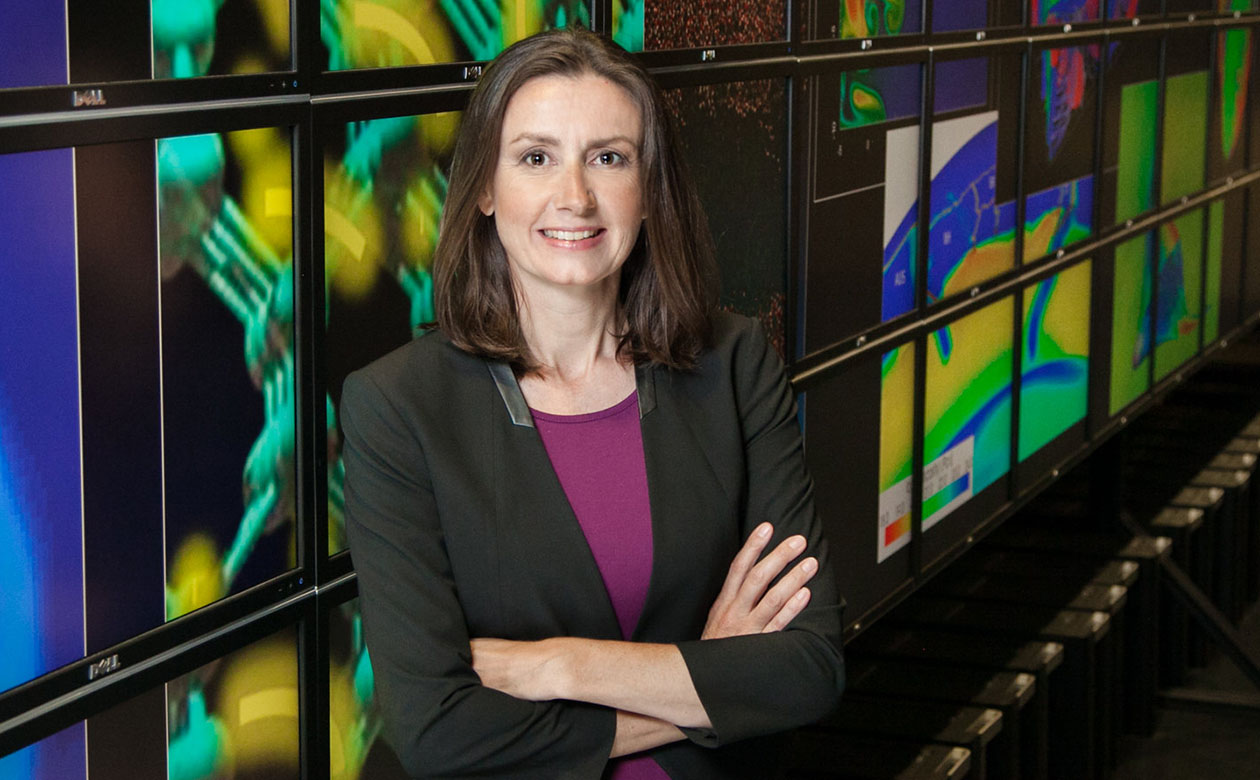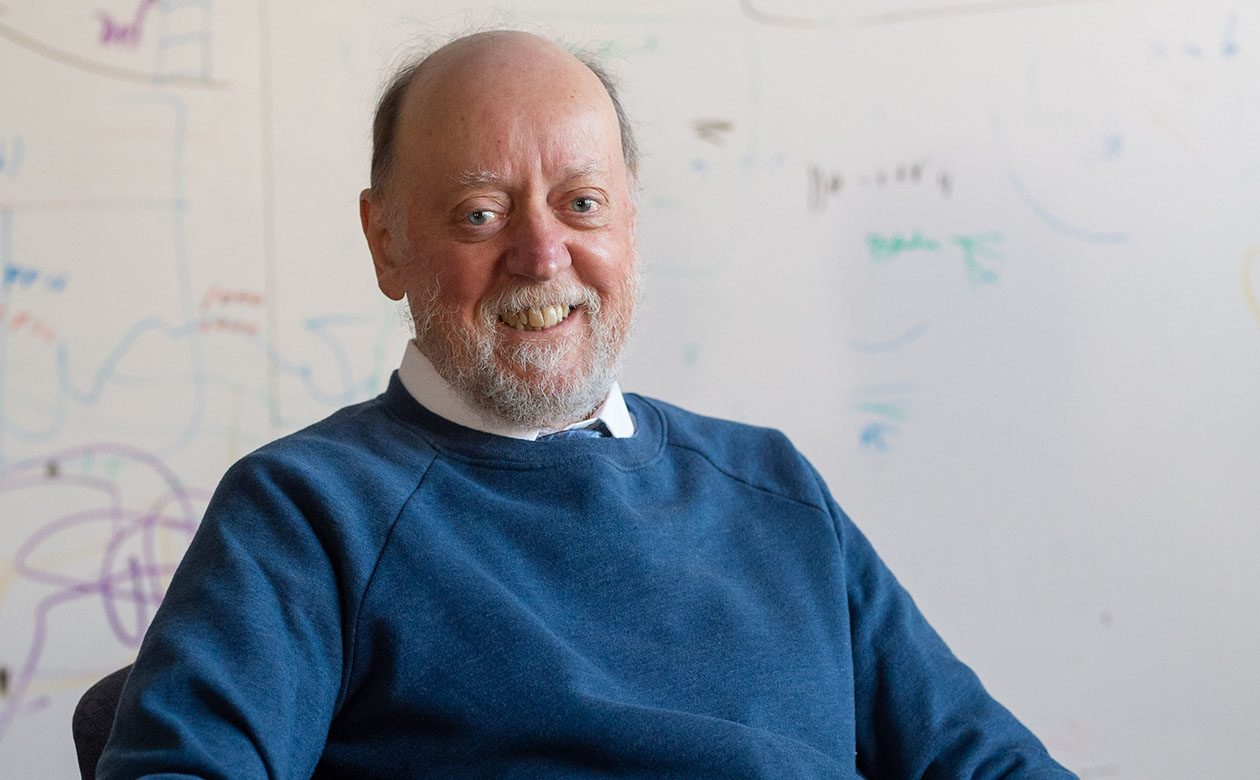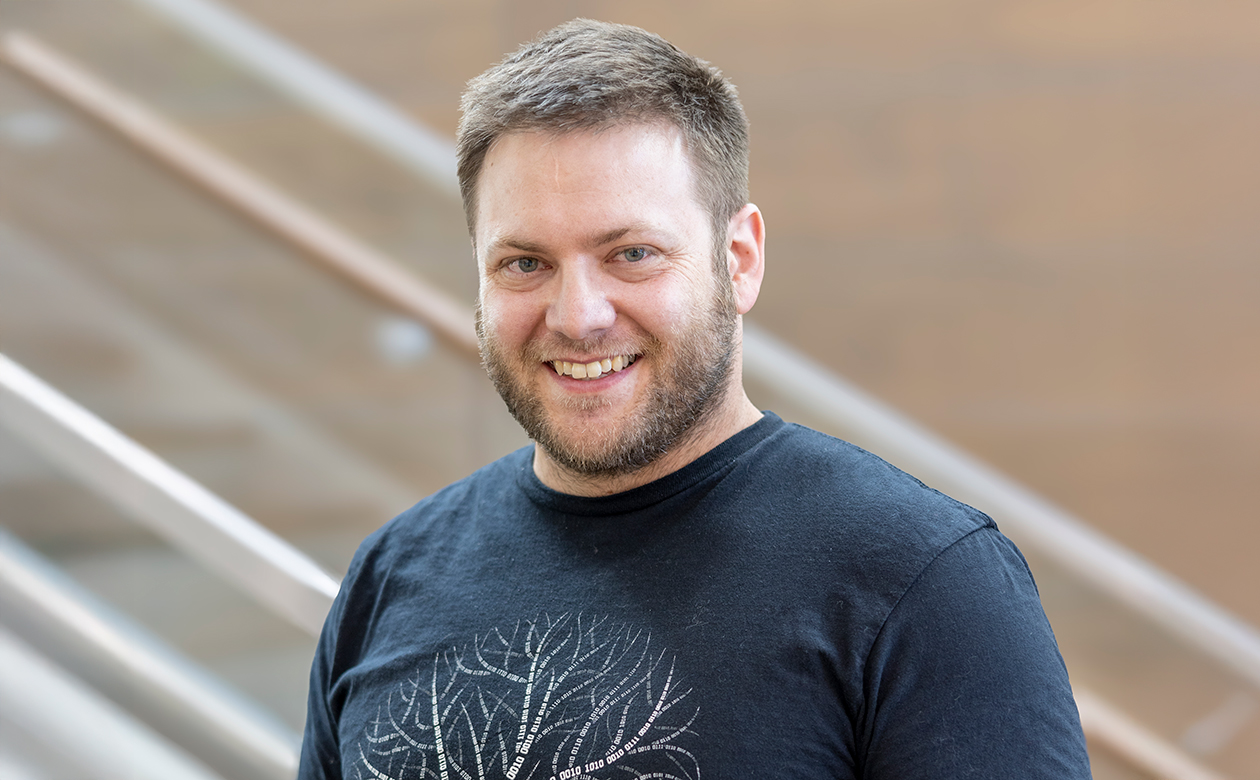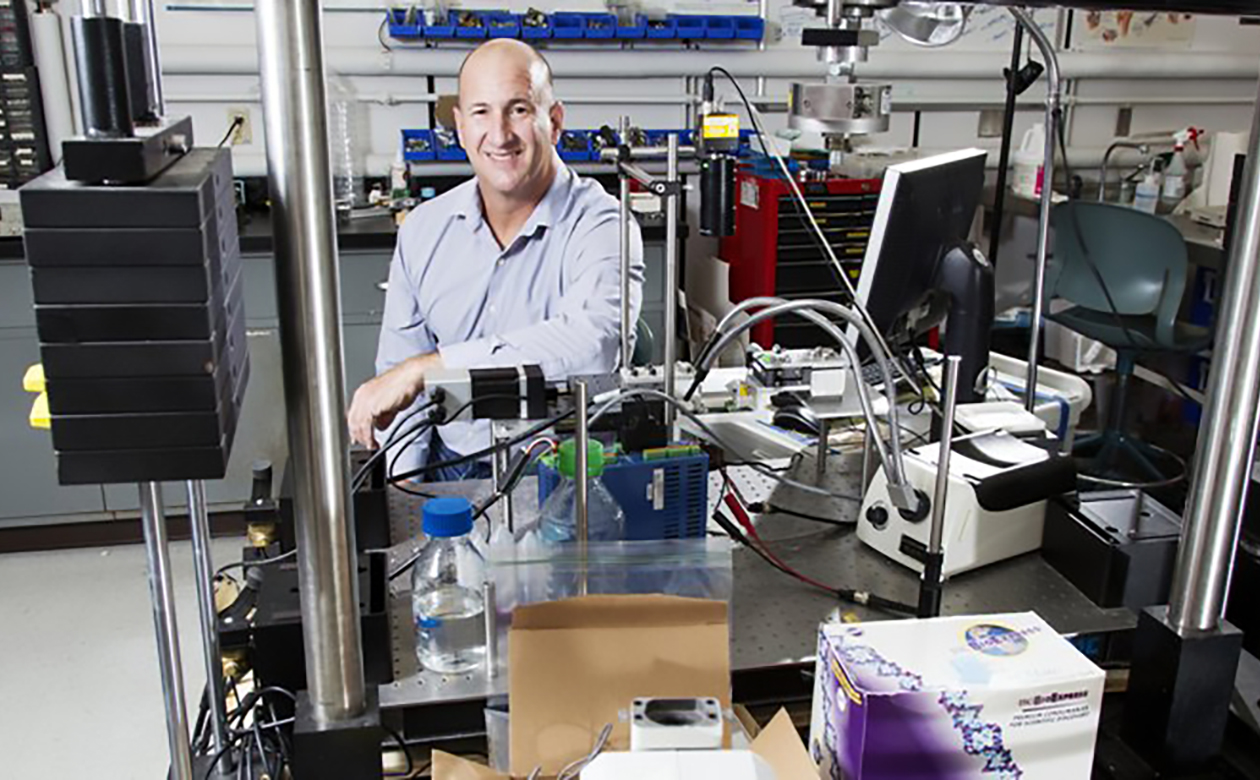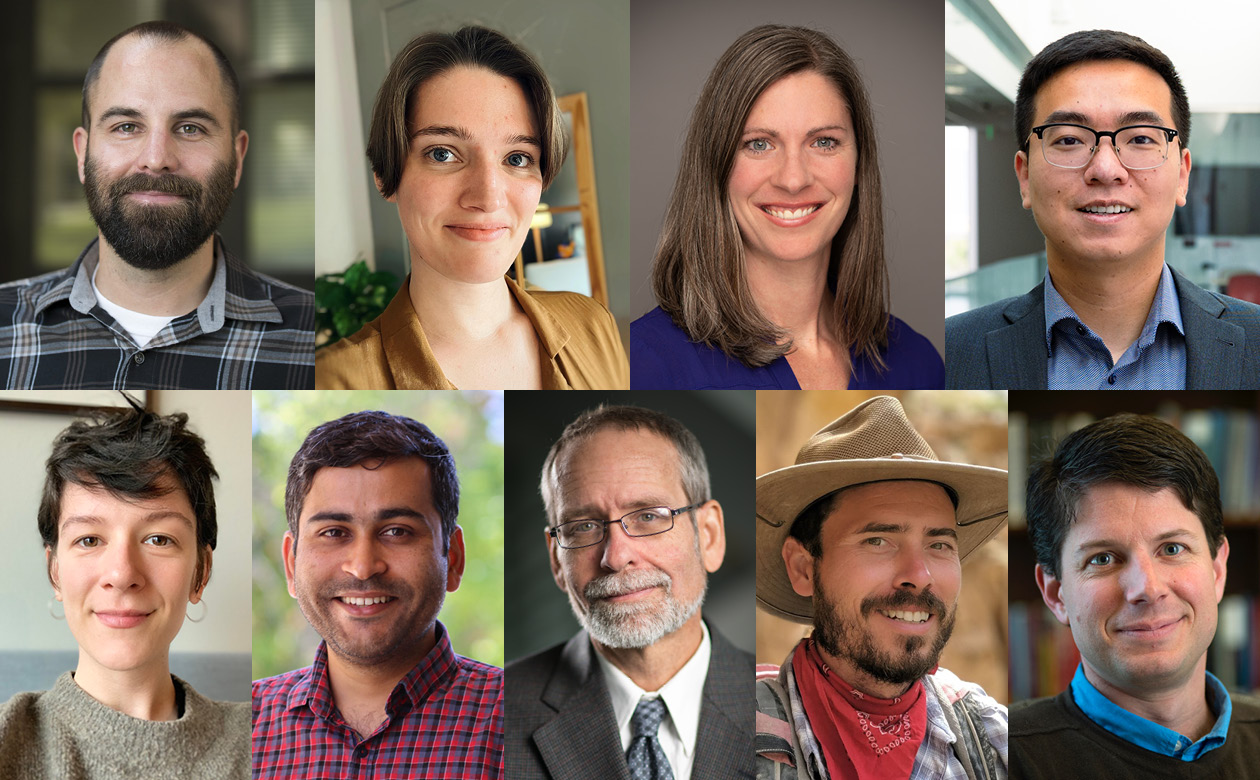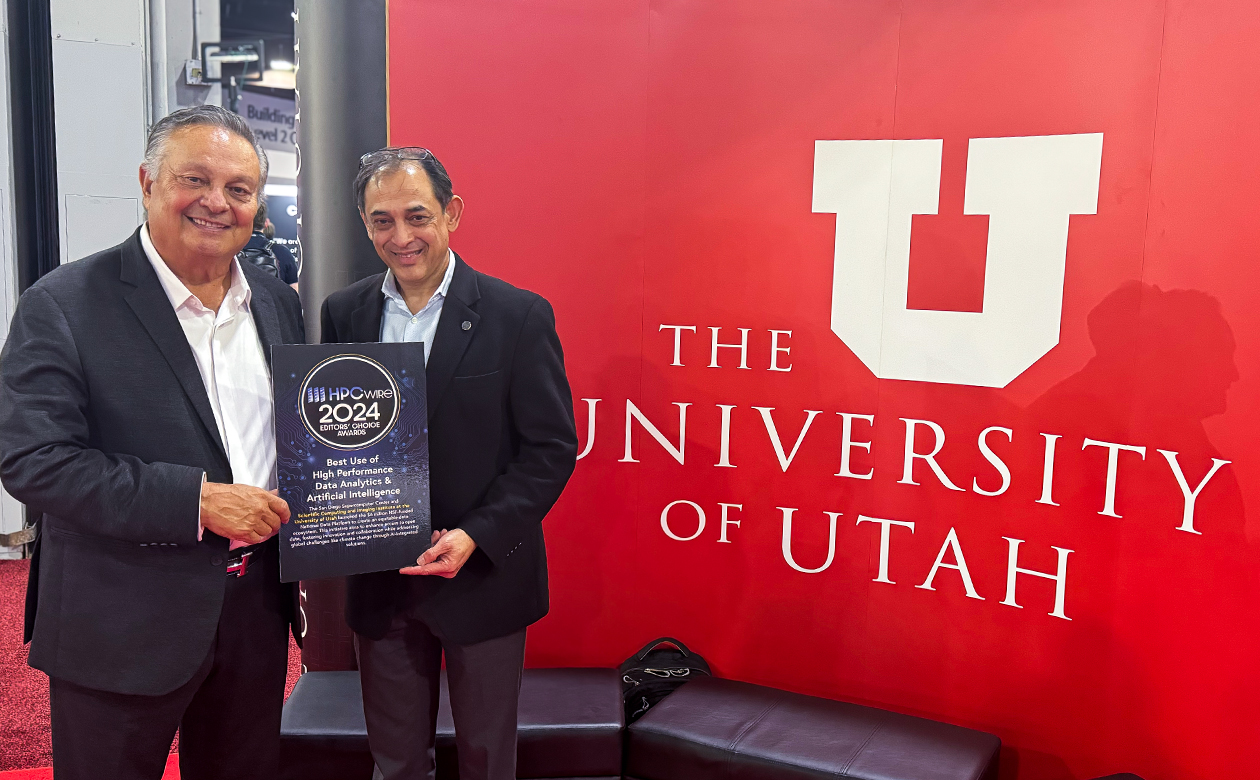A new statewide AI initiative will enhance Utah’s technology-based workforce training and economic development.
In early December, Utah Gov. Spencer Cox and University of Utah President Taylor Randall signed a memorandum of understanding for a new education initiative with NVIDIA, designed to democratize AI access across communities.
“AI will continue to grow in importance, affecting every sector of Utah’s economy. We need to prepare our students and faculty for this technological revolution,” said Utah Gov. Spencer Cox. “Working with NVIDIA is an ideal path to help ensure that Utah is positioned for AI growth in the near and long term.”
 The public-private partnership aims to equip universities, community colleges and adult education programs across Utah with the resources to develop students’ and workers’ skills in generative AI. Under the terms of the agreement, Utah teachers will be able to be certified through the NVIDIA Deep Learning Institute University Ambassador Program.
The public-private partnership aims to equip universities, community colleges and adult education programs across Utah with the resources to develop students’ and workers’ skills in generative AI. Under the terms of the agreement, Utah teachers will be able to be certified through the NVIDIA Deep Learning Institute University Ambassador Program.The program offers high-quality teaching kits, extensive workshop content and access to NVIDIA GPU-accelerated workstations in the cloud. In addition to AI, Utah teachers will be able to study accelerated computing, data science and more—enriching their course curriculum and classroom discussions and giving students the skills they need to be prepared for the workplaces of the future.
The MOU is an important part of Utah elected and education leaders’ broader effort to foster a tech-savvy workforce and position the state as a leader in AI innovation and application. The initiative benefits new graduates just entering the job market as well as professionals hoping to upskill, enabling them to expand their skillsets beyond community college or adult education courses.
